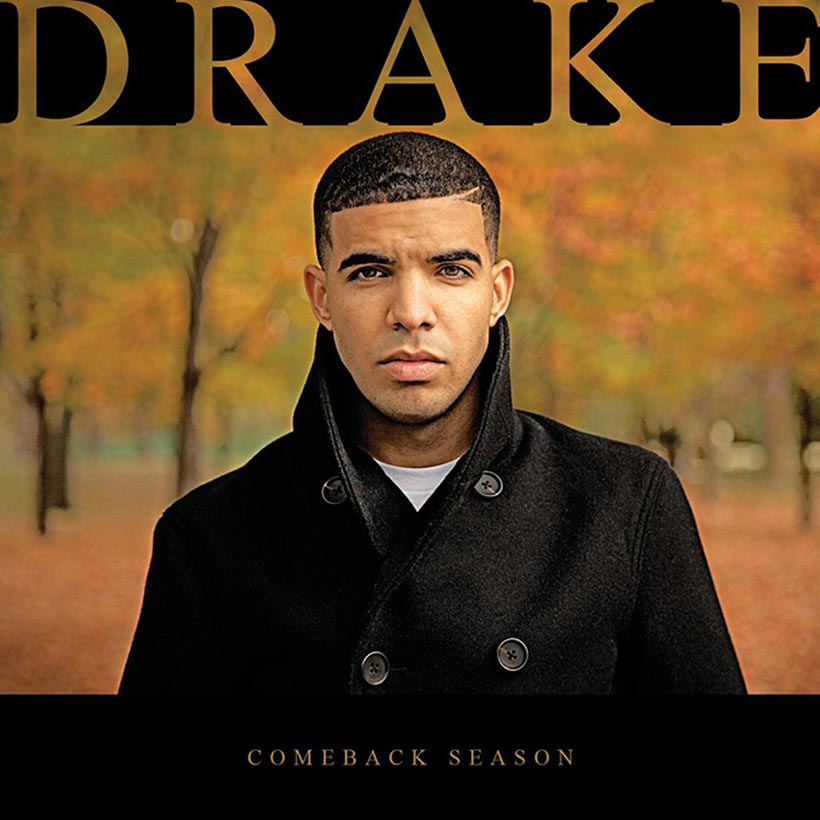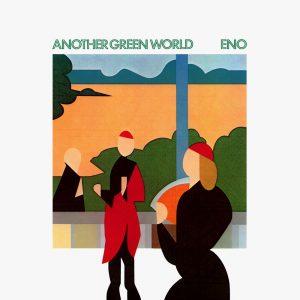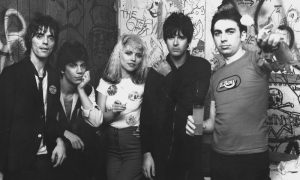Comeback Season, Drake’s second mixtape and his last before his breakout hit, “Best I Ever Had,” is an intimate look at a guy who’s become known for intimate looks. It’s been over a decade since Comeback Season first dropped, but though it’s been overshadowed by Drake’s breakout mixtape, So Far Gone, it was Comeback Season that put the gears in motion for Aubrey Graham, the actor, to transition into Drake, the MC.
Listen to the best of Drake on Apple Music and Spotify.
Released on September 1, 2007, Comeback Season features younger flows and developmental moments from Drake for superfans to comb over, while even casual listeners will be intrigued to hear the biggest artist in hip-hop during his infancy. There are a number of references on Comeback Season that make it seem older than it really is, until you realize just how much Drake has done in the years since its release.
The first track proper, “The Presentation,” sounds like a more laidback, prototypical “Tuscan Leather.” Hearing Drake rap that Jay- Z and Dame Dash should get back together for all their sakes in 2007 was standard braggadocio, but it sounds a lot different now that Drake’s the biggest rapper in the world.
Feels like an auteur project
Until recently, Comeback Season would have seemed like a cult favorite, even for his most diehard fans. For many, So Far Gone was their first exposure to Drake’s music. But even his second mixtape feels like an auteur project – further proof that while Drake was finding his voice, he still had a vision.
After the recent reissue of So Far Gone ended up back in the Top 10 of the Billboard 200, a full 10 years after it was first released, Comeback Season is now just as essential as If You’re Reading This It’s Too Late and More Life.
A testament to his longevity
On “Closer,” Drake brags that he’s as anticipated as the iPhone (the first model had only been out for two months when Comeback Season dropped); these days he’s got regular partnerships with Apple. Later he raps another prescient line: “Sometimes I gotta get my R&B on,” on the breezy “B__ch Is Crazy.” It’s kind of uncanny, as moments like this occur throughout. If anything, then, Comeback Season is not only a testament to Drake’s longevity, but to how long he’s been on top.
That he managed to get his hands on an instrumental of Kanye West’s “Barry Bonds,” coupled with his Trey Songz friendship, are clues as to how big Drake would eventually get. Drake and Trey had previously worked on his first mixtape, Room For Improvement, just a year prior and teamed up once again on the single “Replacement Girl.” It would almost be quaint to hear Drake do his own intro on the “Barry Bonds” freestyle – if, one: he didn’t totally kill it; and, two: it wasn’t so symbolic.
Drake would soon sign to Lil Wayne’s Young Money Label and, after a turbulent decade with Kanye, would become bigger than both of them. That’s especially significant because, in September of 2007, Kanye and Wayne’s collaborative track, “Barry Bonds,” was one of the final nails in the coffin for gangsta rap. By the time Drake covers the hook at the end of the song, it’s clear he should have featured on the original.
‘Ain’t s__t for me to come back from’
From his sophomore mixtape to Scorpion, Drake would continue to work across generations and locales. All of Comeback Season’s features, from Kardinal Offishall, Rich Boy, and Little Brother, are very much of their era. Rich Boy was producing some of the best beats of the age and had recently taken over the summer with “Throw Some Ds,” while KO and Little Brother might have inspired “Underground Kingz” a few years later.
It’s especially strange, in retrospect, to hear Malice (brother of Pusha T) show up for a feature on “Do What U Do (Remix),” when just a few years later, his brother would go after Drake throughout the Daytona album.
Given the guests who show up on Comeback Season, it’s clear that Drake has been running in big circles since the very beginning. On “The Presentation,” just minutes into the mixtape, he sneers, “I fooled y’all, ain’t sh__t for me to come back from.” So far, he’s been right.
Looking for more? Discover how Drake’s emotional honesty shaped hip-hop.




